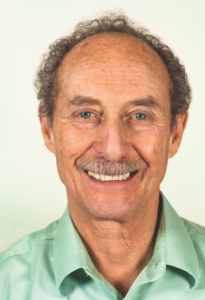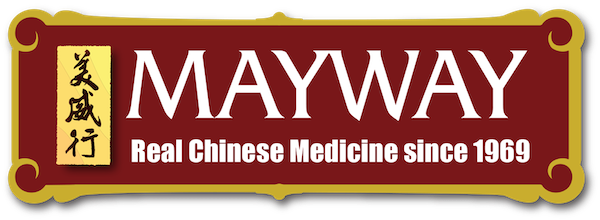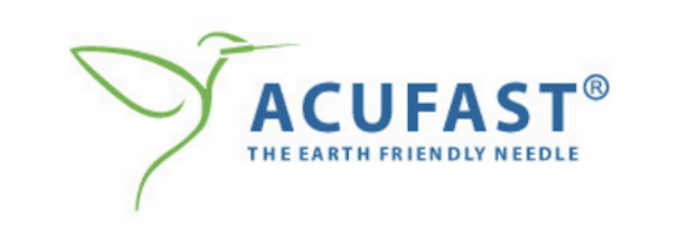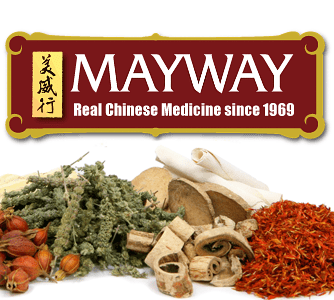The medicines and martial arts of Asia have long considered the lower belly and back to be of significant importance in health, wellbeing and as a kind of seat of power and presence.
In this conversation with long time practitioner Jeffrey Dann we explore the structural powerhouse of the Koshi, the dynamic lower abdomen with all it’s energetic and physiological functions.
Additionally we explore how to approach the body and appreciate the body and develop a sense of listening and connection that becomes the compass that guides our work.
Listen into this discussion of discovery, appreciation and medicine.
- How Jeffrey found his way into East Asian medicine
- The power of putting your hands on people
- Importance of the dynamic reciprocal relationship
- The Koshi and its central role in the body
- The Gall Bladder as a fascial organizer
- Using your hands to get information
- What happens when the symmetry is off
- Mapping acupuncture points onto visceral junctions and connections
- Investigating the fascia
“The difference between a master and great partitioner is in the details.
Master tip: Instead of just driving a needle in thru the guide tube, pause as the needle touches the skin. “Listen and Follow” is the response to the tip of the needle in response to the tissue.
Example: Does the person’s energetic field and tissues welcome OR resist the
presence of the needle. Find the welcome. Meridian therapy tells us to support the ease before dispersing the resistance.
 Jeffrey Dann, L.Ac
Jeffrey Dann, L.Ac
More than 45 years of study and practice has led me to see acupuncture as a manual medicine. I combine refined palpation, movement, the meridian system, and the structural fascial matrix producing an integrative approach to mind/body wellness. I began this journey as an anthropologist studying martial arts body-mind education in Japan. After studying acupuncture in Beijing, Hong Kong and Hawaii throughout the 1980s, I studied structural acupuncture, SeiTai, Shinpo, and Sotai movement therapy in the 1990s. I then deepened my knowledge of Meridian therapy while bringing leading Meridian Therapy sensei to the US.
I started to put together the Koshi Balancing system with the support of Shudo Denmei in the early 2000s, and for the last 10 years have integrated Barral’s osteopathic Visceral Manipulation into hara abdominal work. Koshi Balancing is the culmination of my never-ending passion to deepen my holistic education while teaching acupuncturists and body workers to integrate manual medicine with the structural and visceral foundations of Traditional East Asian Medicine.














